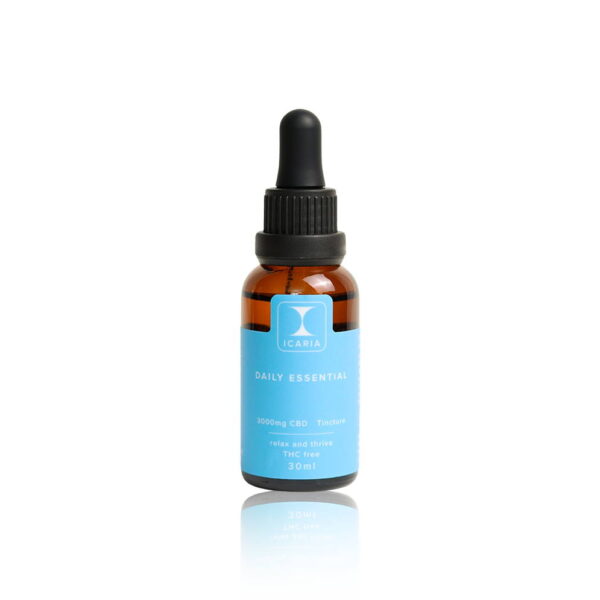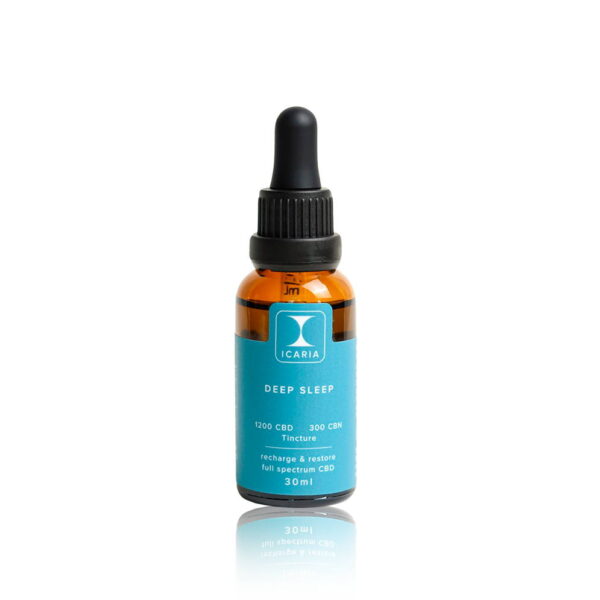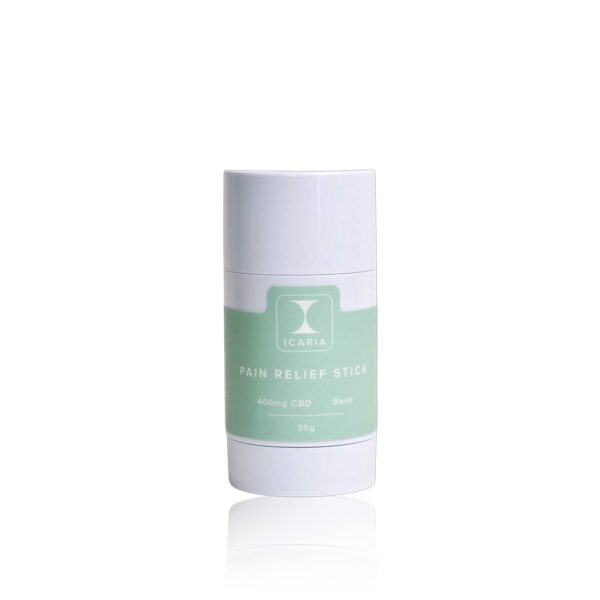In the realm of digestive disorders, Irritable Bowel Syndrome (IBS) stands as one of the most prevalent, affecting millions worldwide, especially women. Its symptoms can be debilitating, disrupting daily life and causing distress. Fortunately, amidst the storm of discomfort, there’s a beacon of hope: Cannabidiol (CBD). In this comprehensive guide, we delve into the intricacies of IBS, its symptoms, conventional treatments, and the role CBD plays in managing this condition. Let’s explore when CBD is best for IBS and how it can offer relief.
What is IBS?
IBS is a chronic gastrointestinal disorder characterized by a cluster of symptoms, including abdominal pain, bloating, diarrhea, and constipation. It’s a complex condition influenced by various factors such as gut motility, sensitivity, and brain-gut interactions. While the exact cause remains elusive, triggers like stress, diet, and hormonal changes can exacerbate symptoms, leading to discomfort and reduced quality of life.
What are the IBS symptoms?
Understanding the symptoms is crucial for identifying and managing IBS effectively. Individuals with IBS may experience:
- Abdominal pain or cramping: Often relieved by bowel movements.
- Bloating: Feeling of fullness or distension in the abdomen.
- Diarrhea: Frequent, loose stools.
- Constipation: Difficulty passing stools or infrequent bowel movements.
- Alternating diarrhea and constipation: Fluctuation between loose stools and difficulty passing stools.
- Excessive gas: Flatulence or belching.
- Mucus in the stool: Passage of mucus without blood.
- Urgency: Sudden and intense need to have a bowel movement.
These symptoms can vary in severity and duration, impacting daily activities and overall well-being.
What are the most common IBS treatments?
Managing IBS involves a multi-faceted approach tailored to individual needs. Conventional treatments focus on symptom relief and may include:
- Dietary modifications: Eliminating trigger foods such as dairy, gluten, and certain FODMAPs (fermentable oligo-, di-, mono-saccharides and polyols).
- Stress management: Techniques like mindfulness, yoga, and deep breathing can help reduce stress levels, which often exacerbate IBS symptoms.
- Medications: Over-the-counter options like antispasmodics, laxatives, and antidiarrheals can provide relief. Prescription medications like tricyclic antidepressants or newer drugs targeting gut motility and sensitivity may be recommended for severe cases.
- Behavioural therapy: Cognitive-behavioral therapy (CBT) or gut-directed hypnotherapy can help individuals cope with stress and manage symptoms.
- Probiotics: Certain strains of beneficial bacteria may alleviate symptoms by restoring gut microbial balance.
While these approaches are valuable, some individuals seek alternative therapies like herbal remedies and supplements to complement their treatment regimen.
The best IBS diet
Diet plays a pivotal role in managing IBS, with many finding relief through specific dietary modifications. A low-FODMAP diet, for instance, restricts fermentable carbohydrates that can trigger symptoms in sensitive individuals. Additionally, incorporating soluble fibre from sources like oats, psyllium, and flaxseeds can help regulate bowel movements and alleviate constipation.
Amidst the array of natural supplements, CBD has emerged as a promising option for IBS management. CBD, derived from the hemp plant, interacts with the body’s endocannabinoid system, which plays a crucial role in regulating gastrointestinal function, inflammation, and pain perception. Research suggests that CBD may help alleviate IBS symptoms by:
- Reducing inflammation: CBD exhibits anti-inflammatory properties, which can help soothe inflammation in the gastrointestinal tract, thereby relieving pain and discomfort.
- Modulating gut motility: CBD may regulate gut motility, promoting smoother and more regular bowel movements, which is beneficial for individuals with IBS-D (diarrhea-predominant IBS) or IBS-C (constipation-predominant IBS).
- Alleviating visceral hypersensitivity: CBD’s analgesic effects may reduce the heightened sensitivity to pain in individuals with IBS, making symptoms more manageable.
However, it’s essential to note that while CBD shows promise, more robust clinical studies are needed to fully elucidate its efficacy and safety profile in managing IBS.
Where to buy CBD for IBS
When considering CBD for IBS management, sourcing high-quality products from reputable manufacturers is paramount. Look for CBD products that undergo third-party testing for potency and purity to ensure consistency and safety. Online retailers that specialize in women’s health are viable options for purchasing CBD products.
At ICARIA, we offer a varied range of high-quality CBD products that are targeted towards women who wish to improve their mental and physical health. All of our products are made in small batches using the best Canadian-grown ingredients. They are also third-party certified because we are committed to full transparency and your utmost tranquillity. We’d love for you to browse our online shop and use code ICARIA20 to get 20% off your next order.
Conclusion
Navigating the turbulent waters of IBS can be challenging, but with the right strategies and support, relief is attainable. While conventional treatments play a vital role in managing symptoms, exploring natural supplements like CBD can offer additional benefits for those seeking alternative therapies. By understanding when CBD is best for IBS and incorporating it into a comprehensive treatment plan, individuals can find relief and reclaim control over their digestive health. Remember, it’s essential to approach CBD use judiciously and seek guidance from healthcare professionals to ensure safe and effective management of IBS symptoms.







